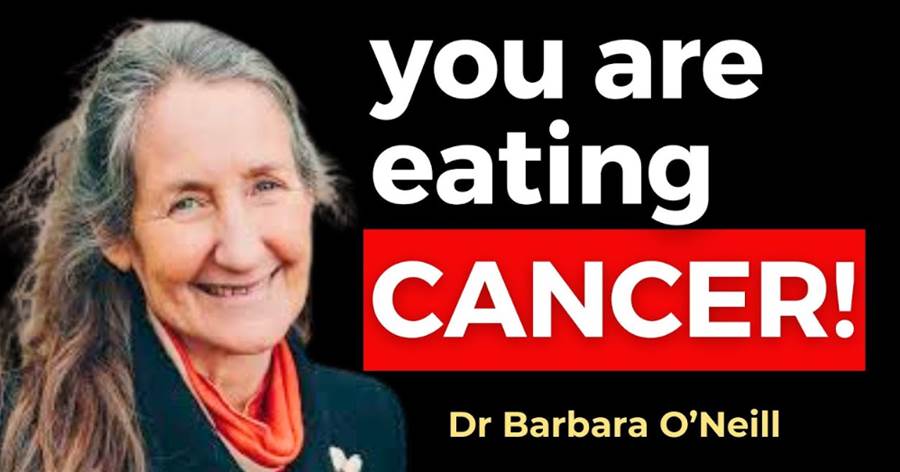
What Your SKIN Says About Your HEALTH: Doctor Explains
Ever noticed how your skin has its own way of sending signals? It's not just about beauty or sun exposure; your skin can be a literal roadmap to what's happening inside your body.
Let’s dive into what your skin might be trying to tell you about your health—some of these clues are more surprising than you think!
Our skin, the body’s largest organ, does more than just cover us—it’s a reflection of our internal health. It acts as a barrier against environmental damage, but also gives insights into conditions ranging from dehydration to autoimmune diseases. As dermatologist Dr. Bruce Brod puts it, “You can tell a lot about somebody by looking at their skin.
” Everything from stress levels to major diseases can leave a mark on your skin, giving doctors crucial clues about your overall well-being.
If your skin feels dry, no matter how much you moisturize, it could be an indication of more than just cold weather. For some, it’s a sign of conditions like eczema or even thyroid dysfunction. Skin dryness can also be linked to dehydration, where your skin loses its natural ability to retain moisture, leaving it flaky and uncomfortable.
In extreme cases, it could also be connected to conditions like diabetes or kidney issues, where the body struggles to balance its fluids.
Ladies, if you’ve noticed unusual hair growth—especially in areas like the chin or abdomen—it might not just be hormonal changes. Polycystic ovary syndrome (PCOS) is a common cause of this. This condition affects hormone levels and can lead to a range of skin-related issues like acne and dark patches on the skin, known as acanthosis nigricans.
If that sounds familiar, it might be time to consult a doctor to see if there’s a deeper hormonal imbalance at play.
Those little brown spots that appear after years of sun exposure may seem harmless, but they’re actually red flags. Sunspots can be an early indicator of skin damage that could, over time, lead to skin cancer. Dermatologists recommend keeping an eye on any spots that change shape, grow, or become painful. Early detection is key, so don’t shrug off that new mole—it might be time to book an appointment with a dermatologist.
Surprisingly, your nails can also offer health hints. If you notice dark streaks or significant color changes, it could signal anything from vitamin deficiencies to liver problems. In some cases, changes in nail texture or appearance might even be linked to autoimmune diseases like lupus, which often presents with skin issues like rashes or light sensitivity.
Stress isn’t just a mental burden—it shows up physically too, often on your skin.
Stress can trigger acne, itching, or even exacerbate conditions like psoriasis and eczema. Stress-induced skin issues are surprisingly common, and if you’ve noticed breakouts or flare-ups during tough times, your skin might be reacting to internal cortisol levels, the body’s stress hormone.
Maintaining healthy skin goes hand in hand with overall health. Simple habits like staying hydrated, eating a balanced diet, and protecting your skin from the sun can make a world of difference.
If you’re noticing persistent skin issues, it’s always worth visiting a dermatologist or a doctor to see if there’s a larger issue at play.
Your skin is constantly talking, sometimes whispering and sometimes shouting about what’s going on beneath the surface. Have you noticed any changes lately? Maybe it’s time to give your skin a closer look. What have you learned about your health from your skin? Let us know in the comments!
In short, don’t just dismiss your skin issues as minor inconveniences—there could be more going on than meets the eye.



















